Moving into your first place is exciting, but the right features make daily life safer, cheaper, and less stressful. Before you fall for cute décor, focus on the basics that protect your time, money, and peace of mind. These eight checks help you judge real value beyond glossy photos. Use this list during tours and ask clear questions. A smart choice now can prevent surprise bills, late-night problems, and constant headaches, so you can enjoy your new freedom.
1. Safety and Location

Safety first. Visit at different times to check street lighting, noise, and foot traffic. Look for solid door frames, deadbolts, peepholes, and window locks that work. Hallways and parking areas should be bright and well-kept. Ask about flood, fire, or crime history for the property and nearby blocks. Test smoke and carbon monoxide alarms and count exits. A secure building lowers risk, helps with insurance, and gives you calm nights and easier mornings.
2. Real Cost and Lease Terms
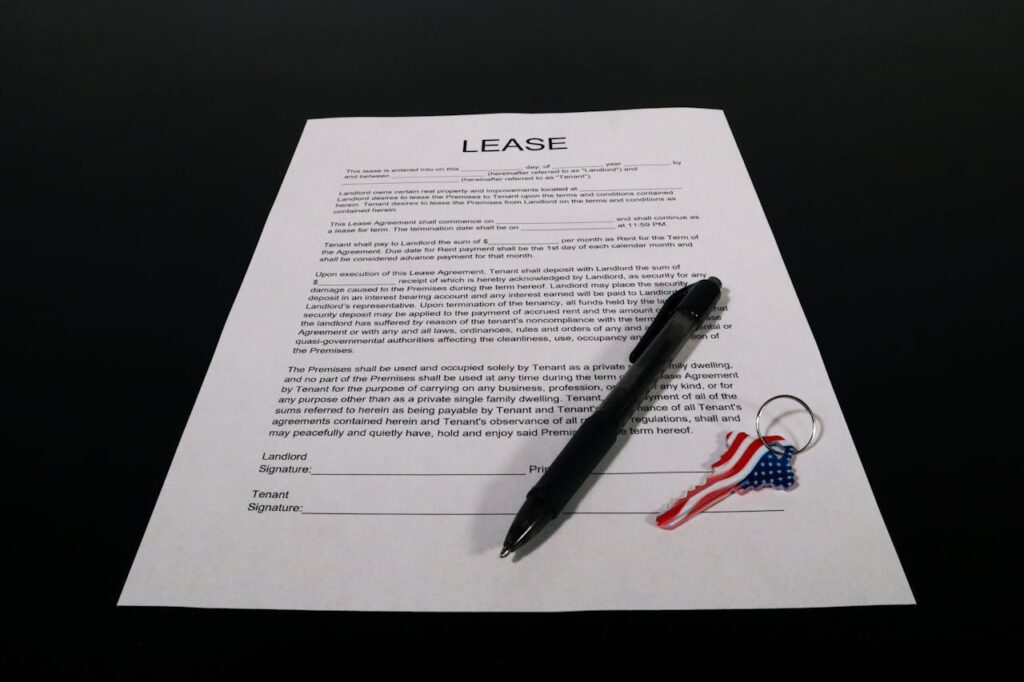
Understand the full cost, not just rent. Ask about utilities, trash, water, internet, and required insurance. Confirm fees for application, admin, parking, pets, and lock changes. Read the lease for early move-out rules, automatic renewals, and sublet options. Note how rent is paid and any late penalties. Get promised repairs and upgrades in writing. When you know the complete monthly number, you can budget with confidence and avoid surprise bills later.
3. Utilities and Internet
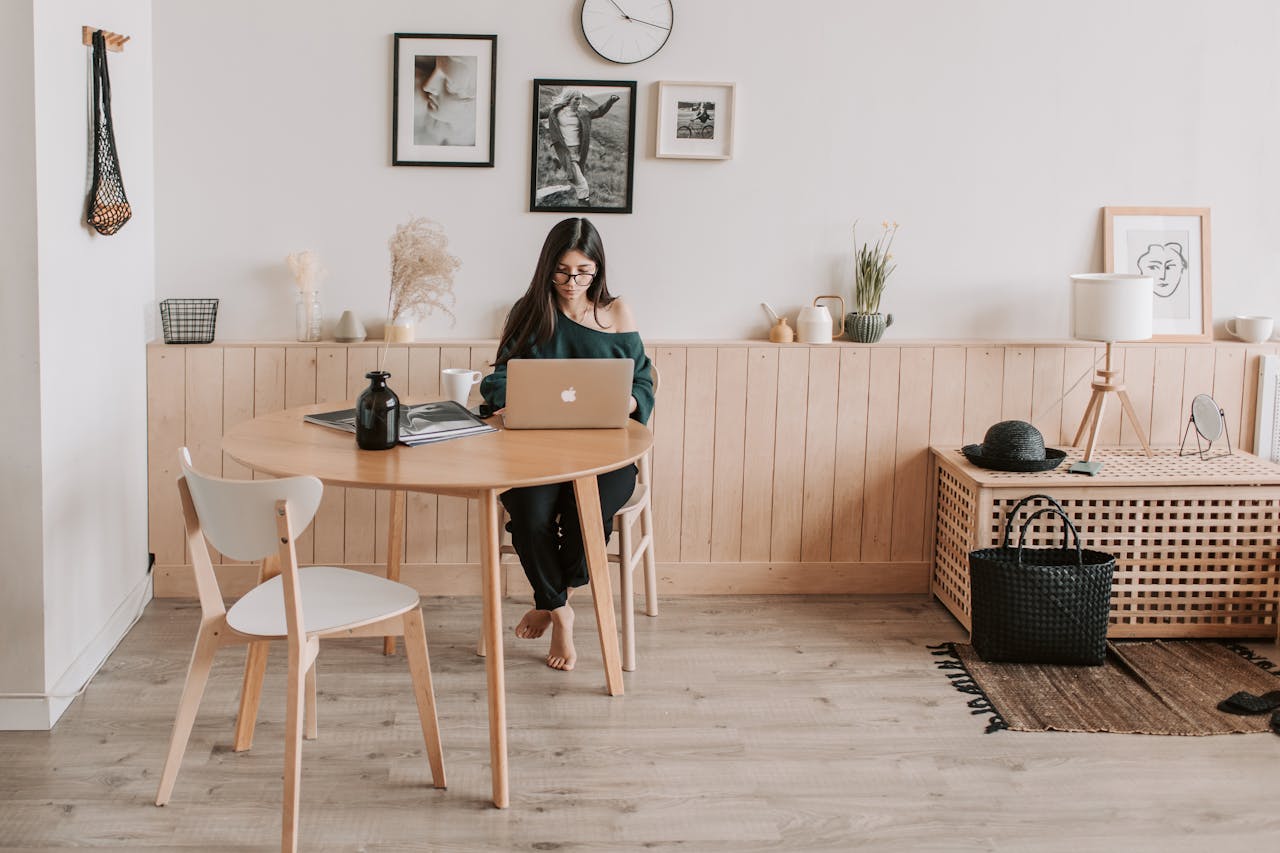
Reliable utilities matter more than fancy finishes. Run faucets and showers to check pressure and hot water recovery. Test outlets with a phone charger and flip light switches in each room. Ask which internet providers serve the unit and what speeds are real, not advertised. Find the breaker panel and main water shutoff, and make sure you can reach both fast. Good wiring, stable water, and fast internet protect study time, remote work, and streaming without constant drops or resets.
4. Appliances and Laundry
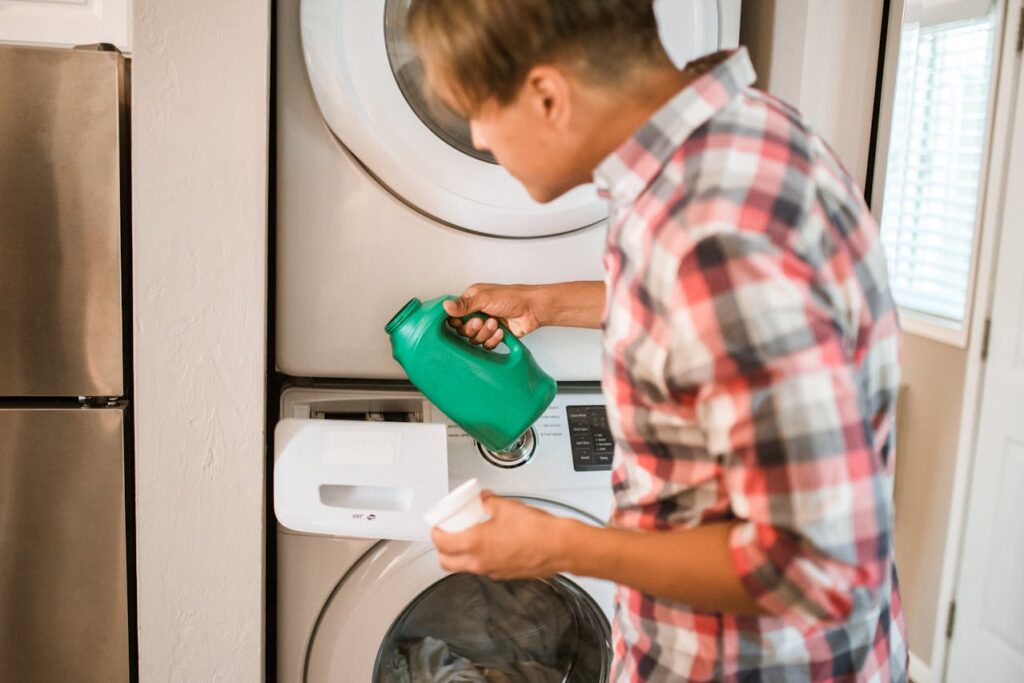
Working appliances save money and time. Open the fridge and freezer to feel for cold air and listen for odd noises. Run the stove and check oven heat with a quick preheat test and a thermometer if available. Start a short wash or test a laundry hookup to see drain and spin strength. Ask about energy ratings and filters for the air system and how often they are changed. Reliable appliances and easy laundry access prevent late-night breakdowns and costly takeout or laundromat runs.
5. Storage and Layout
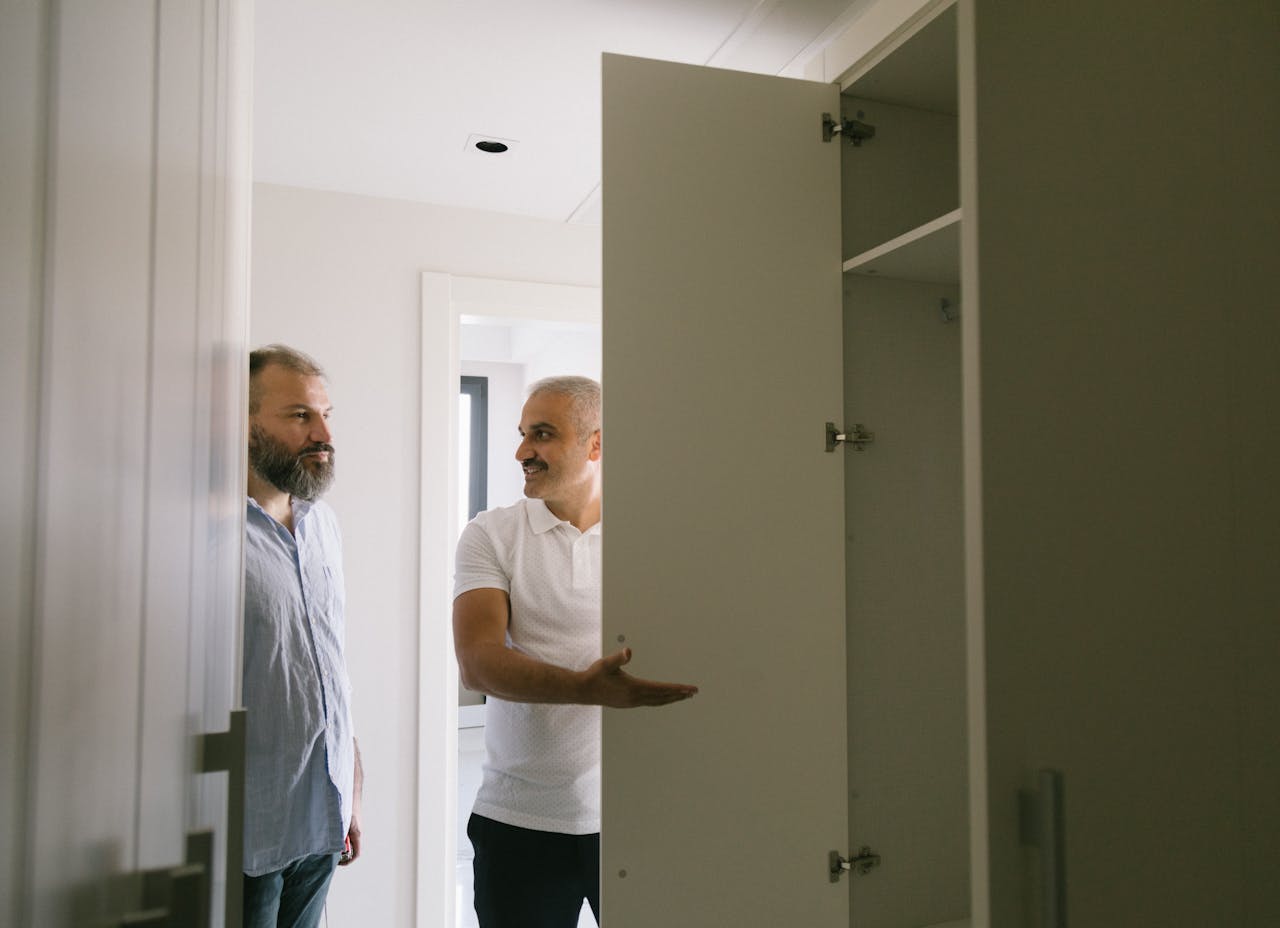
Smart layout beats square footage. Bring a tape and map where a bed, desk, and sofa will fit without blocking doors or windows. Open every closet and cabinet to judge real storage and look for shelves that hold weight without sagging. Check wall space for hooks and a spot for shoes and coats near the door. Measure room for a bike, hobby gear, or sports bags and a hamper. A practical layout reduces clutter, cuts cleaning time, and keeps your place calm and usable.
6. Maintenance and Management
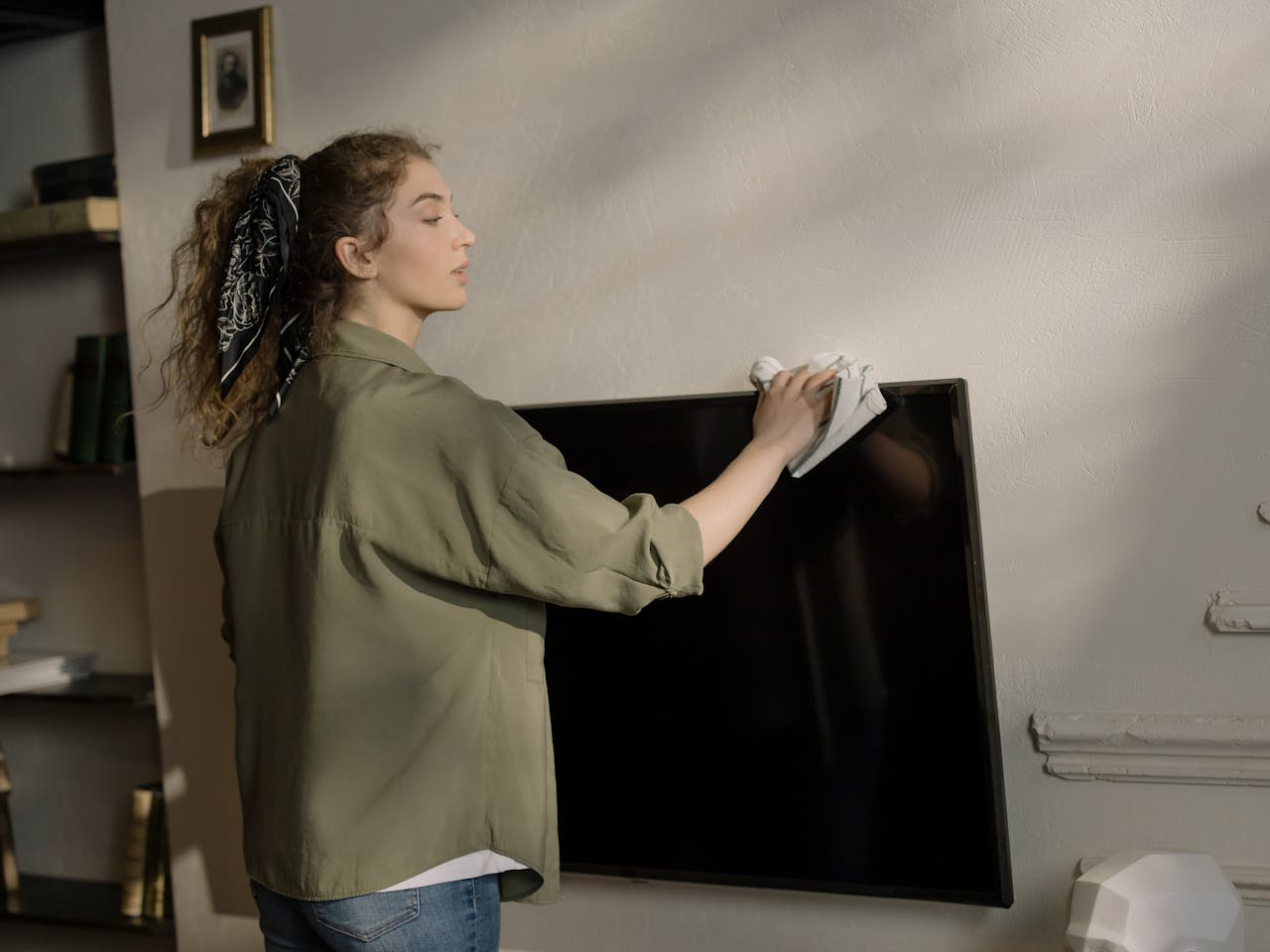
Great management is a real feature. Ask how to request repairs, typical response times, and who handles emergencies at night or on weekends. Look in common areas for clean floors, working lights, fresh paint, and tidy trash rooms. These signs show how the owner treats the property. Request to see a maintenance log for the unit or building if available. Fast, respectful service protects your safety and schedule, and it keeps small issues from becoming costly disasters.
7. Heating, Cooling, and Noise
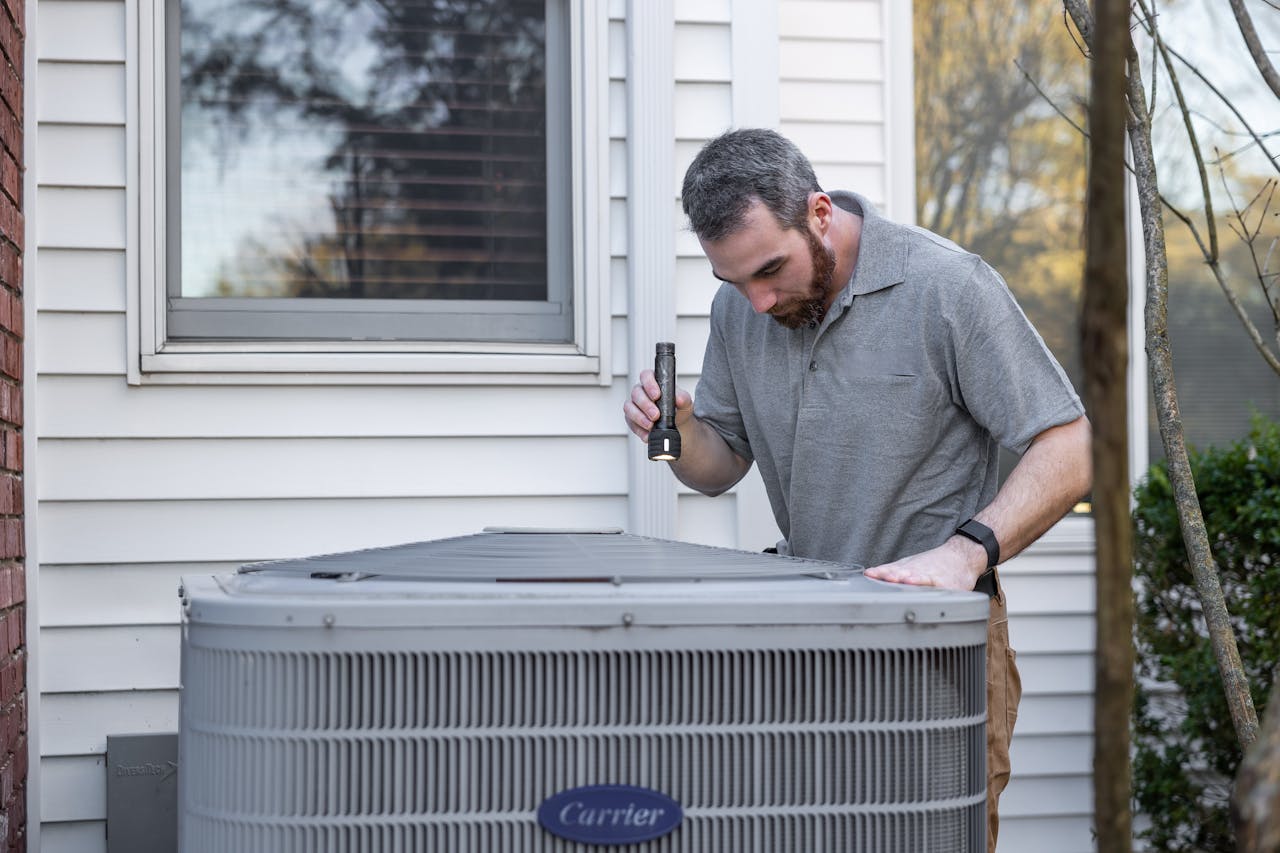
Comfort matters year-round. Ask how the unit is heated and cooled, and check that vents blow evenly in each room. Look for double-pane windows, weatherstripping on doors, and solid insulation around outlets. Stand quietly to listen for noise from neighbors, elevators, or traffic. High bills and poor sleep are deal breakers. A unit with strong climate control and decent soundproofing saves money, improves focus, and makes late study nights bearable.
8. Location Essentials

Your daily map matters more than a fancy lobby. Walk to the nearest bus stop, light rail, or parking options and time the trip both ways. Check how far you are from groceries, a pharmacy, urgent care, and a bank with an ATM. Ask where packages are stored to prevent theft and whether there is a staffed office or locker room. Try a commute to school or work during rush hour. A location that fits your routine saves hours each week and lowers ride costs and stress.


